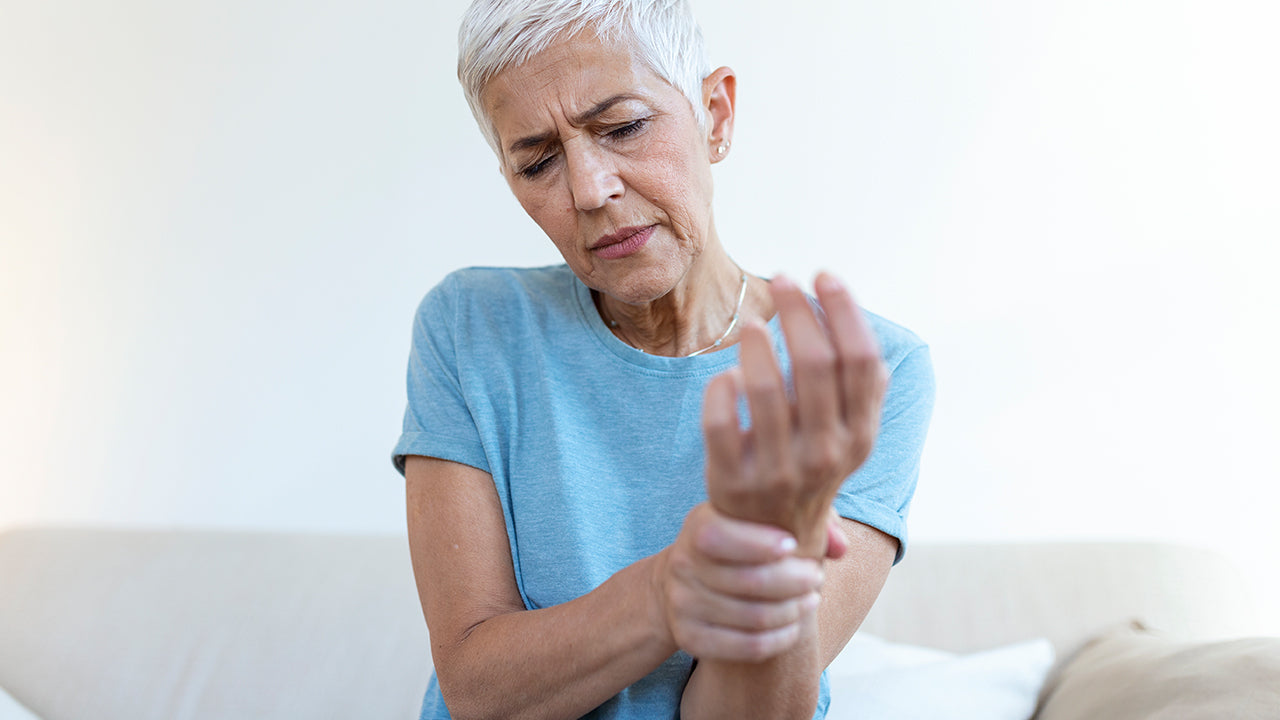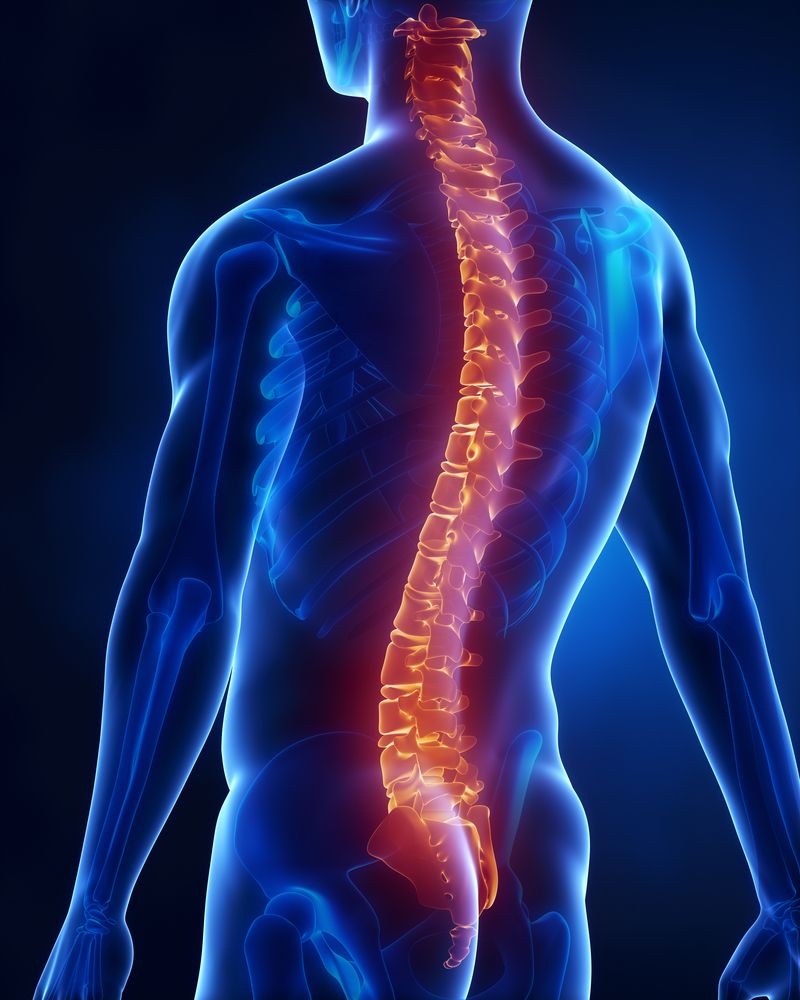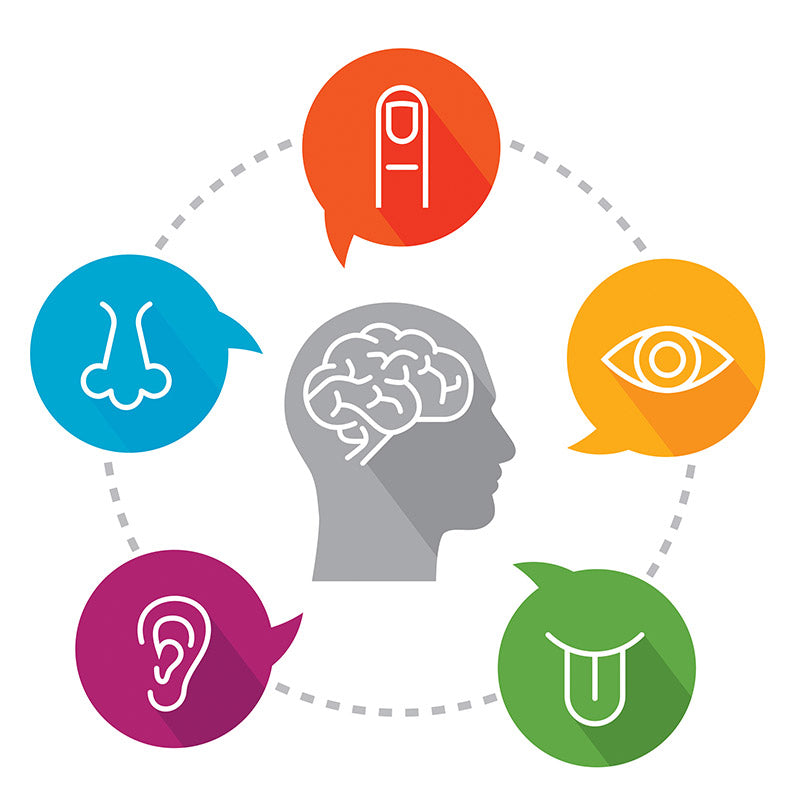You will not be allowed to compare more than 4 products at a time
View compare
Understanding Neuropathy: What It Is and Why It Matters
Neuropathy is a condition that affects the nerves—specifically the peripheral nerves, which connect your brain and spinal cord to the rest of your body.
When these nerves are damaged, communication between your brain and body gets disrupted. This can lead to a variety of symptoms, including pain, numbness, weakness, or even problems with digestion, circulation, or balance.
There isn’t just one type of neuropathy. In fact, it can take many forms depending on which nerves are affected—sensory, motor, or autonomic—and how widespread the damage is. Some people have symptoms in just one area, while others experience nerve dysfunction throughout their body.
Don’t ignore the signs. Early intervention can make a major difference in your recovery.
Schedule your consultation today!
Contact UsThe Nervous System: A Quick Overview
To understand neuropathy, it's helpful to know how your nervous system works. You
have three main types of nerves in your body:

- Sensory nerves carry messages related to touch, temperature, and pain.
- Motor nerves control muscle movement.
- Autonomic nerves handle automatic
processes like heartbeat, digestion, and blood pressure.
Neuropathy can affect any combination of these. For example, if your sensory nerves are damaged, you might feel burning or tingling in your hands or feet. If motor nerves are involved, you could experience muscle weakness or coordination issues. And if autonomic nerves are impaired, you may have trouble regulating blood pressure, digestion, or bladder function.

Symptoms: How Neuropathy Feels
Neuropathy often begins subtly—tingling toes, occasional numbness, or a burning sensation at night. Over time, these symptoms can intensify, spreading into the hands, arms, legs, or feet. Some people feel stabbing pain or electric-shock sensations, while others may lose feeling altogether.
It can also affect your muscles, making simple tasks difficult, like buttoning a shirt, lifting your feet when walking, or gripping a pen. Autonomic nerve damage may bring on dizziness, digestion issues, heat intolerance, or bladder dysfunction. If any of this sounds familiar, you're not alone—and you’re not without options.

What Causes Neuropathy?
There are many reasons someone might develop neuropathy. Diabetes is the most common, but it’s far from the only cause. Other contributors include:
- Diabetes
- Poor metabolic health
- Autoimmune disorders
- Chemotherapy
- Chemical exposure
- Medications
- Infections
- Nerve impingement
- Kidney or liver disease
- Alcoholism
- Spinal nerve pressure
In some cases, no exact cause can be identified. Regardless of why it begins, the key is to act quickly and support your body’s ability to heal.
Why It Shouldn’t Be Ignored
Neuropathy isn’t just uncomfortable—it can be dangerous. Loss of sensation increases the risk of falls, burns, and unnoticed injuries. For people with diabetes, it’s one of the leading causes of amputations due to undetected wounds on the feet.
Beyond the physical risks, chronic nerve pain can affect sleep, focus, mood, and overall quality of life. That’s why getting help as early as possible is crucial—not just for managing symptoms, but for preventing permanent damage.
Early diagnosis and treatment are essential. If you're noticing symptoms, don’t wait. Let’s start healing today.
Schedule your consultation today!
Contact Us
Neuropathy Program at MP Health: A New Approach to Nerve Healing
At MP Health, we take a comprehensive, personalized approach to neuropathy care. Instead of masking symptoms with medication, we focus on identifying and
addressing the root causes of your nerve damage.
We use advanced, non-invasive therapies that support nerve regeneration, reduce inflammation, and improve circulation. This may include nutrition protocols, metabolic support, red light therapy, neurostimulation, or other cutting-edge techniques—depending on your unique needs.
Our goal is not just symptom relief, but long-term recovery and restored function.
Call us today to schedule a consultation and find out if you qualify for our personalized Neuropathy Recovery Program.
Contact UsPatient Testimonial
“About 4 years ago, my family doctor, a doctor of osteopathy, began treating me for severe back pain and numbness in my right leg that caused my foot to drag and sometimes I’d fall. I was a student so I carried a heavy backpack and did a lot of walking across campus, which just aggravated my symptoms. She ran some test, took a long history, and then announced to me that she thought I may have the beginnings of Multiple Sclerosis. My shock was great but my fear was worse.
I saw a neurologist who performed some tests and then sent me to Indiana University School of Medicine Hospital for further evaluation. Tests there were inconclusive (technically my diagnosis was “poly-neuropathy”) so I continued treatment with my D.O., only my symptoms became worse. I was losing my balance, the numbness in my leg was so bad that I was finally fitted for a leg brace so that I could walk and walk without falling. The neuropathy was spreading to my left leg and both my arms and hands, although my right side was affected more than the left. I’d often drop things and lose my balance just trying to sit down or go through a doorway.
I had finished my B.A. degree and was accepted into a PH.D. program at the University of Notre Dame. After being there a year and trying to get around campus the size of a small city, I was very discouraged about being able to complete my goal. I was not getting better, felt hopeless, and became depressed. I had to give up many of the things I did with my kids like rollerblading, roller-skating, walking, biking, and my favorite, playing racquetball. I was even having trouble getting everyday household chores done. The most difficult and humbling thing was to apply for a handicapped parking sticker - I felt as if I was giving in to the illness that plagued me. Then Dora Ross, a friend from my children’s school, told me about Dr. Schneider and the success she had at his clinic for her back problems. I knew that I had to do something different before I ended up in a wheelchair, so I made an appointment and went in.
I was apprehensive about seeing a chiropractor because I had learned to depend on medicines for pain relief and knew he would not be able to prescribe medicines. I immediately found that the traditional idea I held of a chiropractor (twisting and contorting my body in all sorts of ways) did not hold up with Dr. Schneider. His technique, tests, x-rays, procedures, everything, was explained to me thoroughly. For the first time in several years I had hope that I could be well and feel better about myself.
I am healing and I do feel better. Within the first 2 weeks of treatment, the neuropathy began to disappear. The numbness, tingling and “restless leg” symptoms I had were rapidly dissipating and I was able to throw out my leg brace! I am now 9 months into treatment and not only has all the feeling and strength come back to both arms, hands and left leg, I have 90% of the feeling and strength back in my right leg, the leg I thought was “dead” forever.
I am beginning my third year at Notre Dame and LOVE walking around the beautiful campus - the same campus I saw a year ago as an obstacle to my future. I have enjoyed playing racquetball again and have the strength to rollerblade, bike, and walk with my kids. They think Dr. Mark is the best ... and so do I!”
— Chris P., Goshen, IN
Real stories like Chris's are the reason we do what we do. You could be next.
Contact Us
Don’t Wait for Symptoms to Get Worse
Neuropathy is a progressive condition—but it doesn’t have to be. With the right support, many people are able to slow or reverse their symptoms and regain confidence in their movement, sleep, and daily life.
Whether you’ve just been diagnosed or have been living with nerve pain for years, our team is here to help.
Schedule your personalized neuropathy evaluation now
Let us help you regain what neuropathy has taken—from feeling, to function, to peace of mind.
Contact Us
